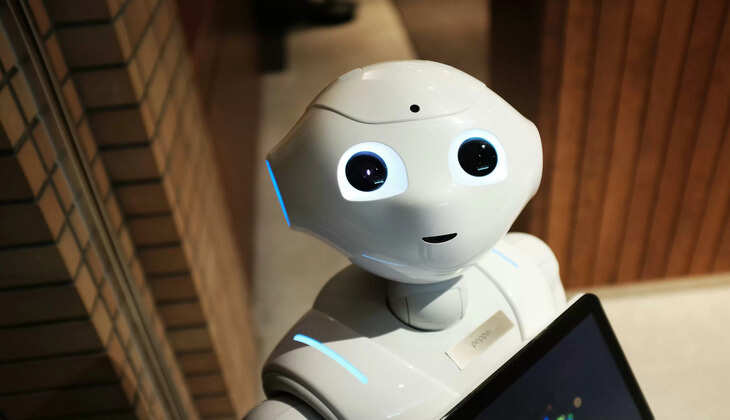what is AI??

Artificial Intelligence (AI) refers to the simulation of human intelligence in machines, enabling them to perform tasks that typically require human-like cognitive functions such as learning, problem-solving, reasoning, and decision-making. AI technology aims to create intelligent systems that can perceive their environment, analyze data, adapt to changes, and interact with humans or other machines autonomously.
Key components of artificial intelligence include:
-
Machine Learning: Machine learning is a subset of AI that focuses on developing algorithms and models that enable computers to learn from data and improve their performance over time without being explicitly programmed. Machine learning techniques include supervised learning, unsupervised learning, and reinforcement learning.
-
Neural Networks: Neural networks are computational models inspired by the structure and function of the human brain. These interconnected networks of artificial neurons are used in deep learning algorithms to process complex data, recognize patterns, and make predictions.
-
Natural Language Processing (NLP): NLP is a branch of AI that deals with the interaction between computers and human language. It enables machines to understand, interpret, and generate human language, facilitating tasks such as language translation, sentiment analysis, and chatbots.
-
Computer Vision: Computer vision involves teaching machines to interpret and analyze visual information from images or videos. AI algorithms can be trained to recognize objects, faces, gestures, and scenes, enabling applications such as image classification, object detection, and facial recognition.
-
Robotics: Robotics combines AI with mechanical engineering to create intelligent machines or robots capable of performing physical tasks in the real world. AI-powered robots can navigate environments, manipulate objects, and interact with humans in various settings, including manufacturing, healthcare, and service industries.
-
Expert Systems: Expert systems are AI systems designed to emulate the decision-making abilities of human experts in specific domains or fields. These systems use rules, logic, and knowledge bases to provide recommendations, diagnoses, or solutions to complex problems.
Artificial intelligence has applications across various industries and domains, including healthcare, finance, transportation, entertainment, cybersecurity, and education. It continues to advance rapidly, driving innovations and transformations in society, economy, and technology. However, AI also raises ethical, social, and regulatory challenges, such as concerns about privacy, bias, job displacement, and autonomous decision-making. As AI technologies evolve, it is essential to ensure responsible and ethical development, deployment, and use to maximize their benefits while mitigating potential risks.
